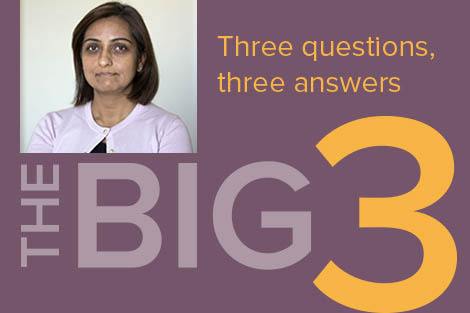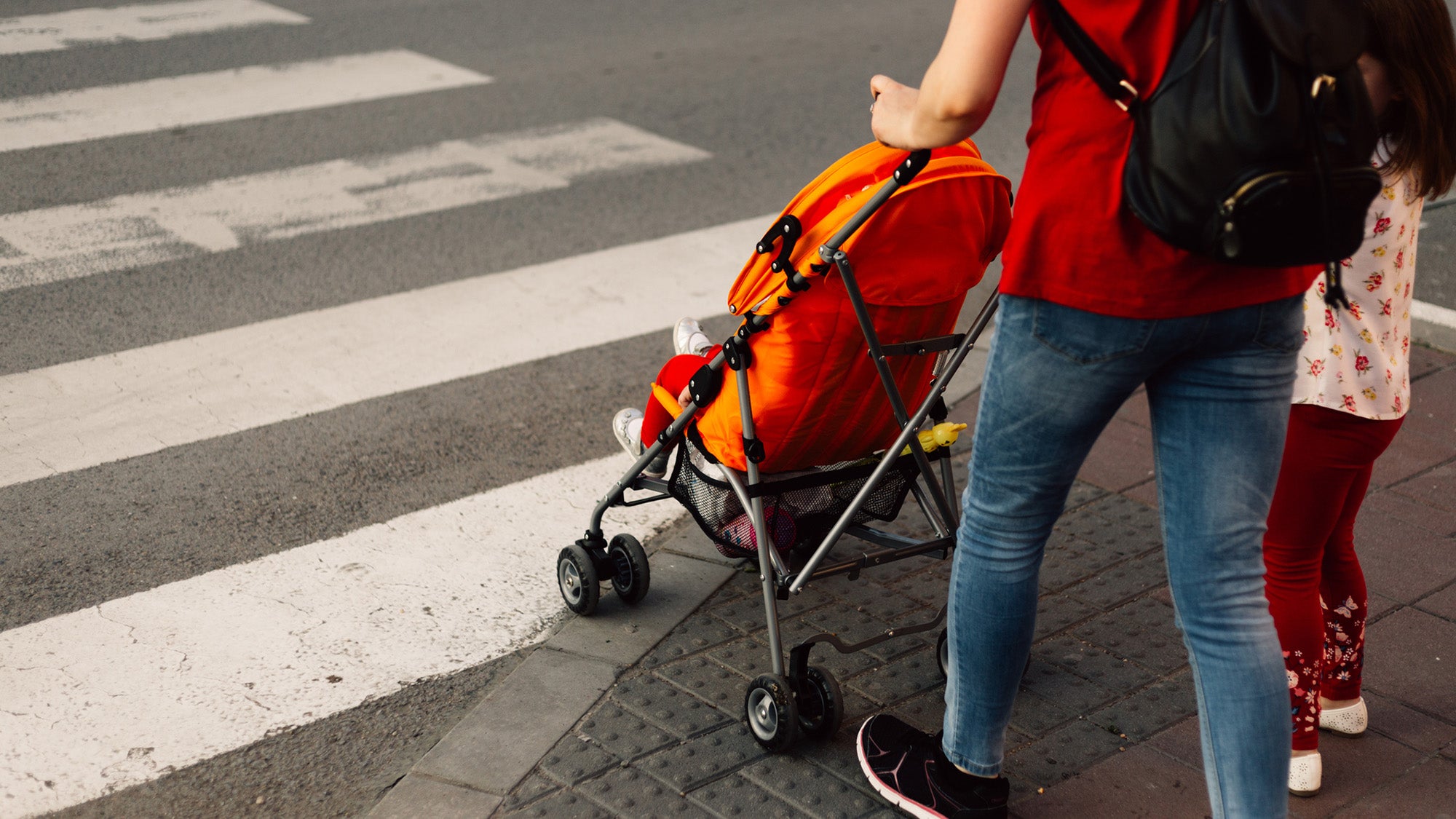Helping vulnerable children thrive

March 16, 2020—Aisha Yousafzai, associate professor of global health, is the principal investigator of two large randomized controlled trials focused on early childhood development in Pakistan—Pakistan Early Child Development Scale-Up (PEDS) and Youth Leaders for Early Childhood Assuring Children are Prepared for School (LEAPS).
What do you see as policy and research priorities in early childhood development?
We know that young children need good health, proper nutrition, and early learning opportunities. But they also need security and stability. It’s important that they have consistent caregivers in early life who they can trust and rely on. When children don’t have these things, it can be harmful to their development and impact their health and future prospects.
Policies that support families and help children thrive include investing in parenting programs and ensuring access to good quality, affordable child care and parental leave. And we should not be separating children from their caregivers who provide safe stable nurturing care.
We still need to better understand what works for the most vulnerable and disadvantaged children, such as those living through a humanitarian crisis. It’s not enough to focus just on the immediate emergency phase. We need to address the long-term needs of these children and their families. Another understudied population is children with developmental delays and disabilities. We need to look at how to strengthen health care systems to address their needs.
What results have you found from PEDS and LEAPS?
In the PEDS trial, we wanted to see if Pakistan’s Lady Health Workers (LHW) program—which provides home visits to promote health and nutrition in mothers and young children—could also effectively promote children’s development. Community health worker interventions like the LHW program were set up in recent decades in low- and middle-income countries to promote child survival. Now that we are seeing improvements in child survival in many countries, we need to think about how these programs can deliver interventions beyond survival that help children thrive.
For this study, we adapted a curriculum developed by the World Health Organization and UNICEF, and evaluated it in a randomized controlled trial. Results were favorable up to age two, and some of the benefits to children’s cognitive-language and motor development were sustained at age four.
But alarm bells were raised when we saw that only about a quarter of children in rural communities had access to preschool—and even those who did weren’t necessarily getting quality education.
That challenged us to think about the continuity of services for children, from the first 1,000 days of life to the early years of education and beyond. We developed a way to address the need for better preschool in Pakistan that also helped fill a gap in training and employment for young women. Working with Pakistan’s National Commission on Human Development, we established a training program for women ages 18–24 to become preschool teachers (LEAPS) and placed trainees in villages with no established preschool services.
Our pilot found that this program provided a good school readiness benefit for children as well as a boost to youth employment. Now, we’re scaling up across four districts, and also looking at how well the country’s education system is able to absorb this intervention.
What inspired your interest in the field of early childhood development?
Child development is a wonderful platform for bringing together multidisciplinary research—everything from neuroscience to nutrition and education—to follow children from the womb through the first eight years of life.
My interest comes from a very personal place. I have two cousins who grew up with disabilities in very different parts of the world. The cousin who lived in the U.K. had lots of opportunities, while my cousin in a more resource-scarce part of the world had fewer opportunities, even though both were loved. I wanted to work in a field where I could figure out how to make things more equal for children, so that they can thrive no matter where they live.


